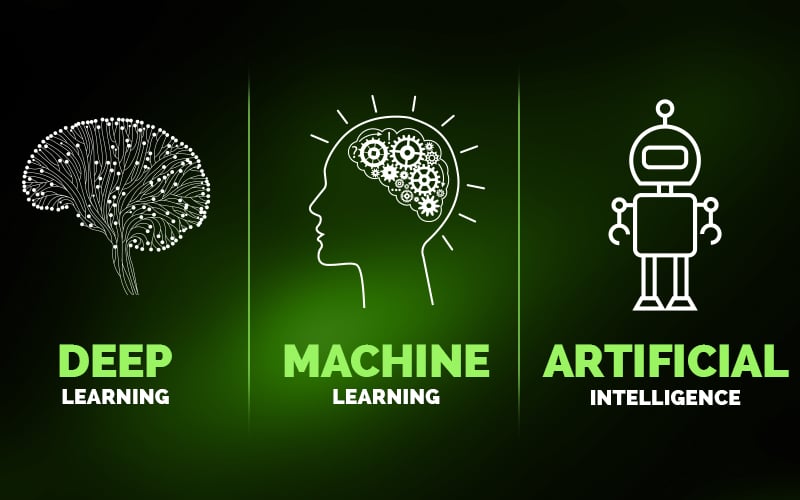|
Data science, an interdisciplinary field that combines scientific methods, algorithms, and systems to extract knowledge and insights from structured and unstructured data, has witnessed a remarkable evolution over the years. This evolution can be largely attributed to the advancements in technology, which have revolutionized the way data is collected, analyzed, and utilized. One of the key technological breakthroughs that has greatly impacted data science is the advent of big data. With the proliferation of digital devices and the internet, vast amounts of data are being generated every second. This massive volume of data poses significant challenges in terms of storage, processing, and analysis. However, advancements in storage capacity, distributed computing, and cloud technologies have empowered data scientists to harness the power of big data and uncover valuable insights. Moreover, machine learning has emerged as a game-changer in the field of data science. Machine learning algorithms enable computers to learn from data patterns and make predictions or decisions without being explicitly programmed. With the availability of powerful hardware and scalable software frameworks like TensorFlow and PyTorch, data scientists can develop complex models and train them on large-scale datasets. This has led to breakthroughs in various domains such as image recognition, natural language processing, and recommendation systems. Another significant technological advancement that has propelled data science forward is the rise of artificial intelligence (AI). AI systems, powered by deep learning algorithms, can analyze vast amounts of data and uncover hidden patterns and correlations. This has opened up new avenues for predictive modeling, anomaly detection, and intelligent automation. AI-driven data science applications are now being deployed in diverse fields, including healthcare, finance, transportation, and marketing, with transformative impact. Furthermore, the democratization of data science tools and platforms has made it more accessible to a wider audience. Open-source libraries like scikit-learn and R, along with user-friendly data visualization tools such as Tableau and Power BI, have empowered individuals with minimal programming skills to perform data analysis and gain insights. Cloud-based platforms like Google Cloud Platform and Amazon Web Services have also made it easier to deploy and scale data science workflows, reducing the barriers to entry for organizations of all sizes. Looking ahead, the future of data science holds even more exciting possibilities. As technology continues to advance, we can expect further developments in areas such as explainable AI, quantum computing, and edge computing. These advancements will enable data scientists to tackle more complex problems, handle larger datasets in real-time, and make data-driven decisions with greater precision. the evolution of data science has been driven by technological advancements that have transformed the field. From big data and machine learning to artificial intelligence and democratization, these technologies have unlocked the immense potential of data. As we continue to push the boundaries of technology, data science will play an increasingly pivotal role in shaping our understanding of the world and driving innovation across industries.  |
